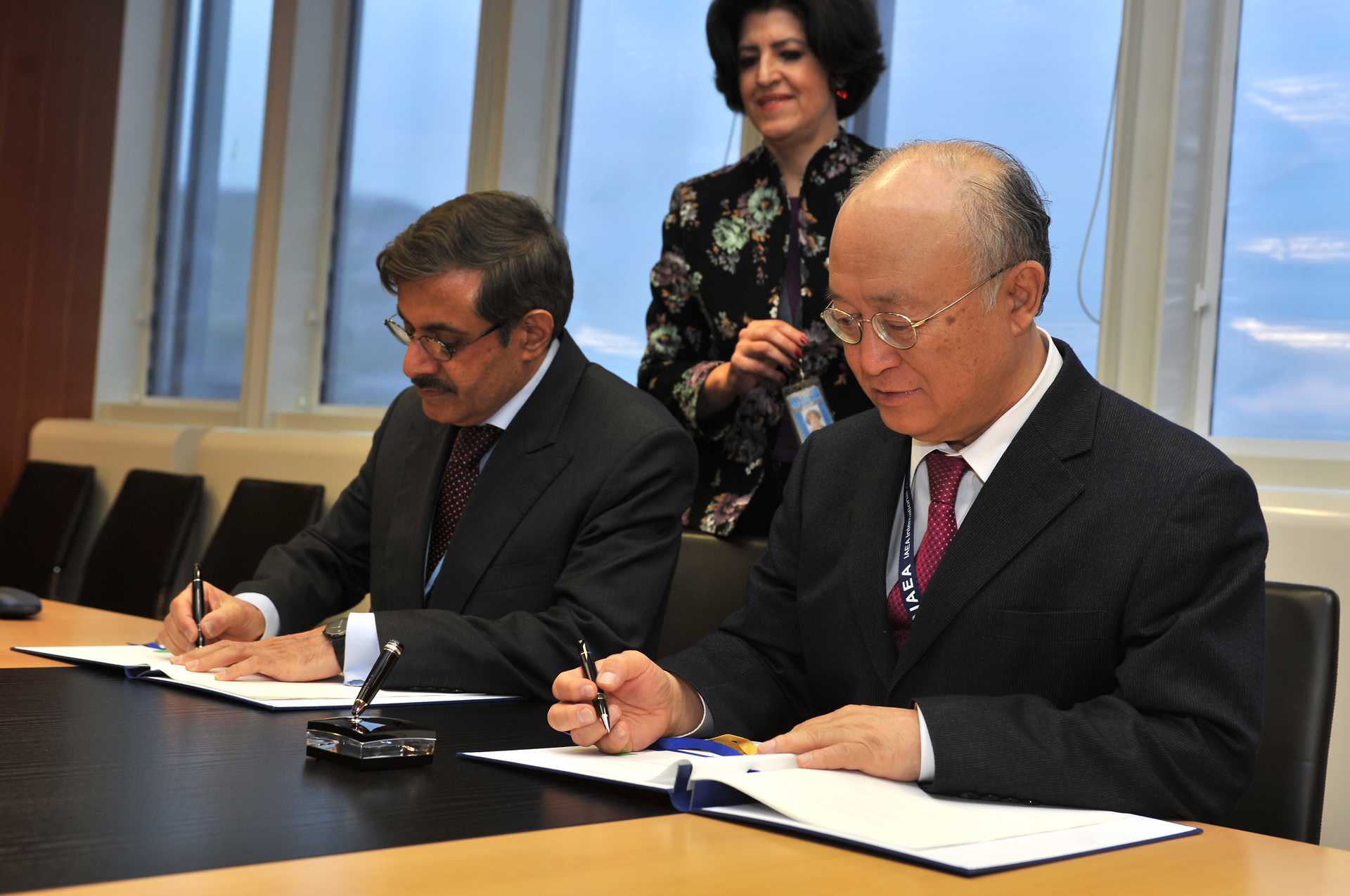
This video lecture covers the following topics:
- definition of national implementation
- overview of national implementation measures for non-proliferation and disarmament instruments
- status and challenges of national implementation
Implementing the Biological Weapons Convention
According to IV of the Biological and Toxin Weapons Convention, each state party shall take any necessary measures, in accordance with its constitutional process, to prohibit and prevent the development, production, stockpiling, acquisition, retention and use of biological weapons. Let us see how states have been implementing their BWC obligations.
Some states have adopted a BWC implementing act.
- For example, the United Kingdom has a Biological Weapons Act that focuses on criminal measures to prohibit the development, production, stockpiling, acquisition, possession and transfer of biological weapons.
- The Czech Republic has adopted a longer Act on ‘Measures Related to Prohibition of Bacteriological (Biological) and Toxin Weapons and on Amendments to Trades Licensing Act’ ; it covers criminal measures, but also measures to handle biological agents and toxins for peaceful activities in a secure manner.
Some states have adopted specific legislation on biosafety and biosecurity to control peaceful activities with biological agents and toxins that could be diverted to non-peaceful uses.
- Canada’s Human Pathogens and Toxins Act establishes a safety and security regime to protect the health and safety of the public against the risks posed by human biological agents and toxins. As such, it helps prevent the possibility of such agents and toxins being used as biological weapons.
Other states have opted for a “weapons of mass destruction” law including provisions on biological weapons.
- For example, India has a Weapons of Mass Destruction law to implement the BWC, but also the CWC and nuclear-related obligations.
- South Africa also has a Non-Proliferation of Weapons of Mass Destruction Act , with separate regulations on nuclear, chemical and biological weapons and materials.
Drafting Process for Implementing Legislation on Non-Proliferation and Disarmament
Identifying
- There are different national stakeholders (ministries, national authorities, parliament, international assistance providers etc) involved in drafting legislation. Usually the lead is the government
- The lead coordinates review of adherence to treaties and membership in institution to identify relevant international obligations to be inplemented at the national level
- The lead coordinates review of existing legislation to identify gaps
Adivising / Deciding on
- Legislative drafters advise on an approach to national implementation: stand-alone legislation, multiple laws and regulations, etc
- The lead coordinates the decision-making process for the timely drafting, review and adoption of draft legislation
Drafting
- A legislative drafting committee is formed at the national level
- The lead coordinates a national review process to review draft laws and regulations
- The drafting committee / government can request international legislative drafting and review assistance
Adopting
- Laws and regulations are adopted
Available Assistance and Tools to Draft Implementing Legislation
Drafting non-proliferation and disarmament legislation requires technical and legal expertise as well as financial and human resources that not all states may have. There are therefore a number of available tools and programmes to assist those states in developing their legislation.

Find the complete guide here.
Legislative assistance providers
They provide assistance themselves. This is the role of intergovernmental organisations (IOs) and non-governmental organisations (NGOs) within the limits of their specific mandates, budgets and according to their processes – the latter may be more flexible for NGOs.
IAEA Legislative Assistance and Tools CTBT Legal Resources OPCW Legislative Assistance and Tools
- Internship Programme for Legal Drafters and National Authority Representatives
- National Legislation – Implementation Kit for the Chemical Weapons Convention
- VERTIC’s National Implementation Measures Programme
- Parliamentarians for Global Action’s Campaign for Universality and Implementation of the BWC and UNSCR 1540.
Legislative assistance brokers
They facilitate assistance provided by others.
- BWC Implementation Support Unit: acts as a clearing house for assistance with national implementation.
- UNSCR 1540 Committee group of experts: facilitates assistance between states, and between states and international organisations.